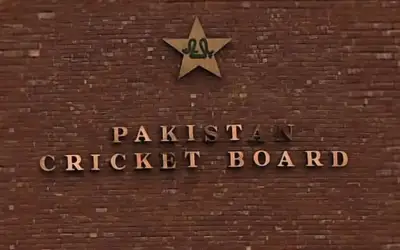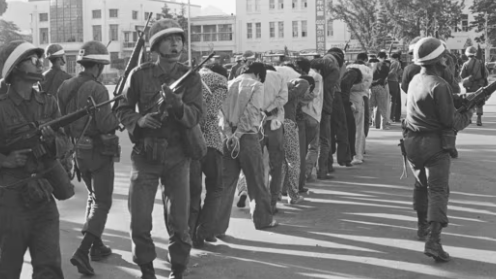

In an extraordinary and unprecedented political maneuver, South Korean President Yoon Suk Yeol triggered a national constitutional crisis through a surprise late-night martial law declaration, which was swiftly reversed following immediate and robust pushback from multiple national institutions.
President Yoon's midnight decree marked a watershed moment in South Korean political history, representing the first martial law implementation since the country's democratization in 1987. The dramatic move came amid escalating political tensions and a contentious standoff over the national budget.
The South Korean constitution provides presidential authority to declare martial law under specific circumstances:
When martial law is activated, the government gains extraordinary powers, including:
A crucial constitutional provision requires the president to comply with the National Assembly's majority vote to lift martial law, which served as a critical democratic check in this scenario.
The last instance of martial law in South Korea occurred in October 1979, following the assassination of military dictator Park Chung-hee. This historical backdrop made Yoon's declaration particularly significant and controversial.
The episode revealed:
The incident drew immediate international attention, raising questions about:
President Yoon's martial law declaration and its rapid reversal demonstrated the resilience of South Korea's democratic mechanisms. The National Assembly's swift intervention and public resistance underscored the nation's commitment to constitutional governance.
While the crisis was short-lived, it exposed underlying political tensions and the delicate balance of power within South Korea's democratic framework.